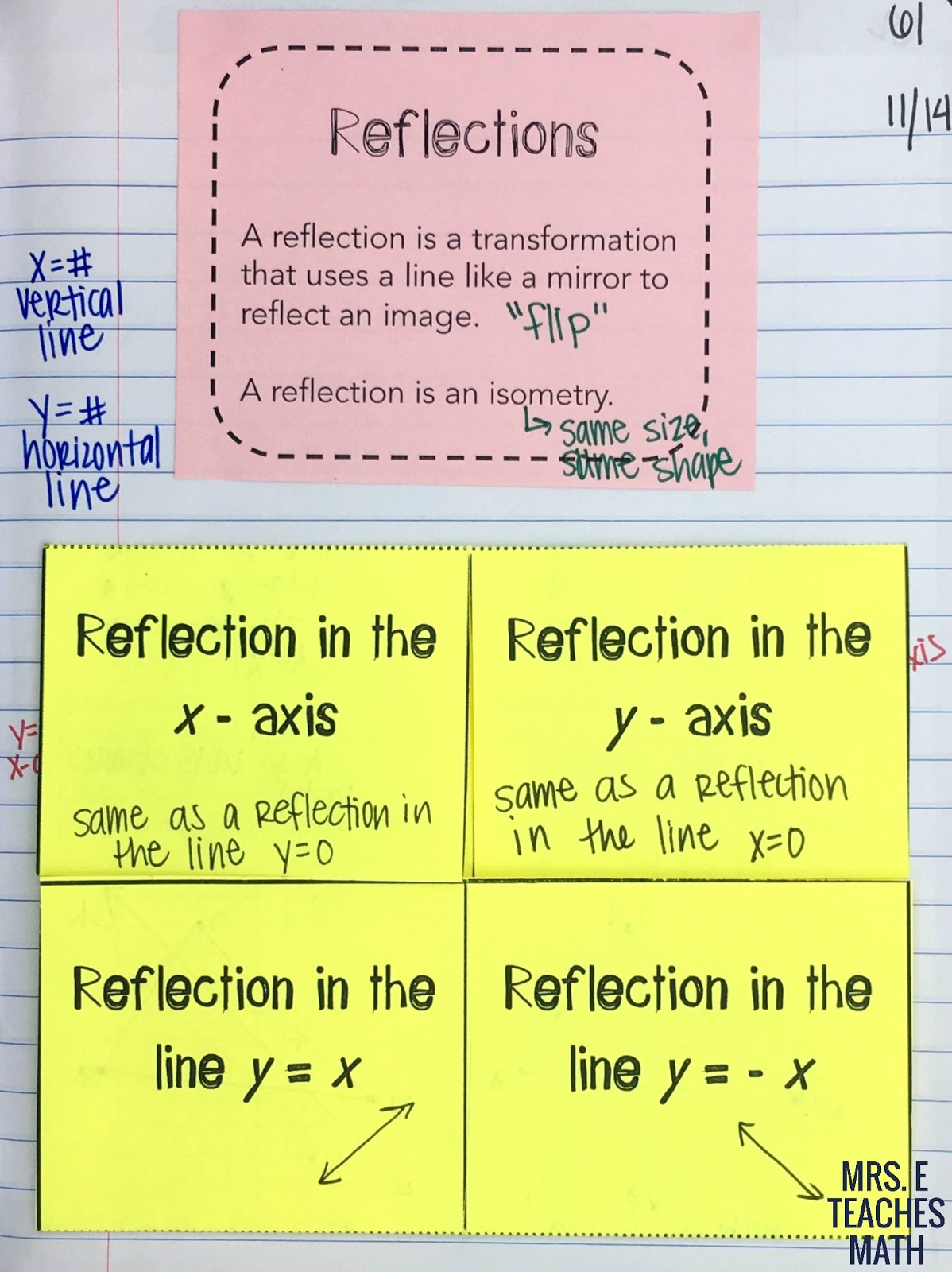
They approach difficult tasks as challenges to be mastered rather than as threats to be avoided. Scholars have reported that, regardless of previous achievement of ability, high-efficacious students work harder, persist longer, persevere in the face of adversity, have greater optimism and lower anxiety, and achieve more than low-efficacious students. Self-efficacy – a Key Factor of Achievement Self-efficacy beliefs determine how people feel, think, and motivate themselves to act. Students' beliefs about their capabilities to produce designated levels of performance that exercise influence over their lives are called self-efficacy beliefs. The teacher's role is to make learners believe that they are capable of finding the mathematical logics. In order to learn mathematics, students have to sense its logics. An interesting result shows that 17% of the entire population suffers from high mathematical anxiety. Skipping one step or teaching two steps together might lead to misunderstanding resulting in stress or anxiety, which impairs the student's thinking when coping with mathematical problems.

It is logically built in a form of layers of understanding where the understanding of each stage depends on understanding the previous one. Introduction Learning mathematics demands cognitive and meta-cognitive efforts. Conclusions and Implications for the Future ACKNOWLEDGEMENTSġ.
MATH TOOL REFLECTION PROFESSIONAL
The Teacher's Construction of New Knowledge on Her Professional Development and Instruction 5. Initiating and Reinforcing Mastery Experiences and Positive Feelings 4.4. The Combination of Reflection on Mathematics Self-efficacy and Skill Training 4.3. Strategy Knowledge Construction and Usage Followed 4.1.3. Improvement of Students' Thinking Processes 4.1.1. Implementing Reflection-on-mathematics-self-efficacy Training and Reinforcement 2.3.2.2.

Reflection on Mathematics Efficacy Beliefs 1.4. Difference between Efficacy Beliefs and Performance 1.3. Self-efficacy – a Key Factor of Achievement 1.2.


 0 kommentar(er)
0 kommentar(er)
